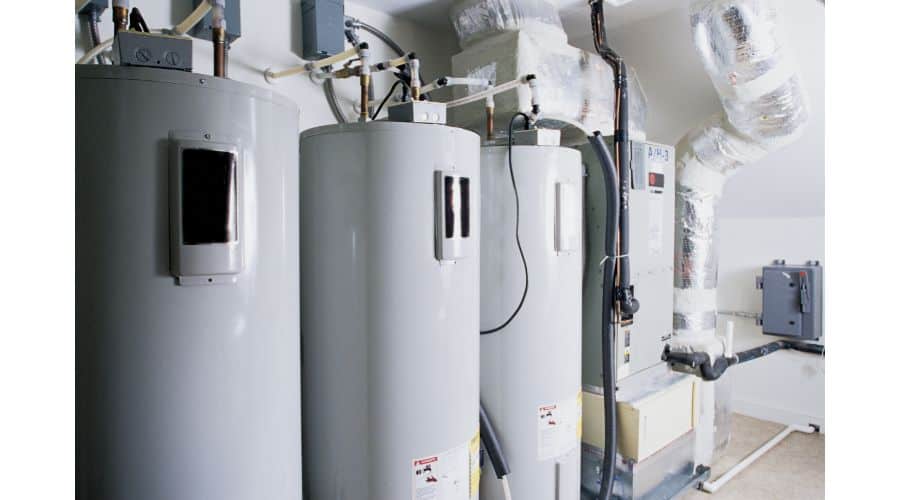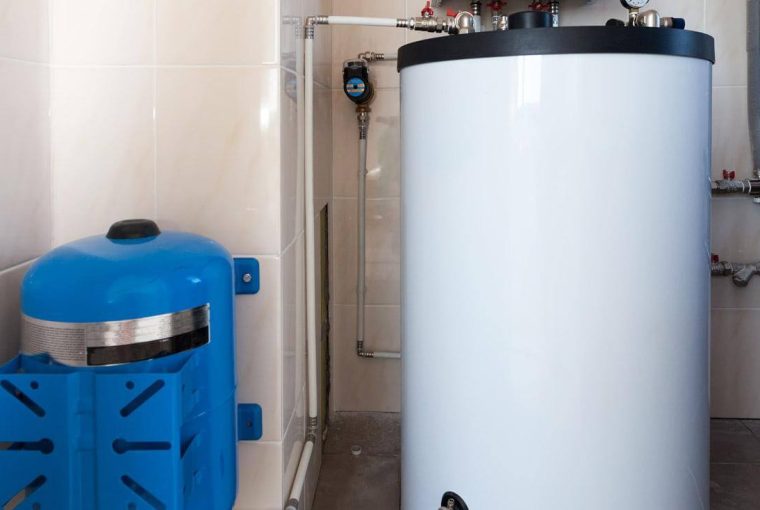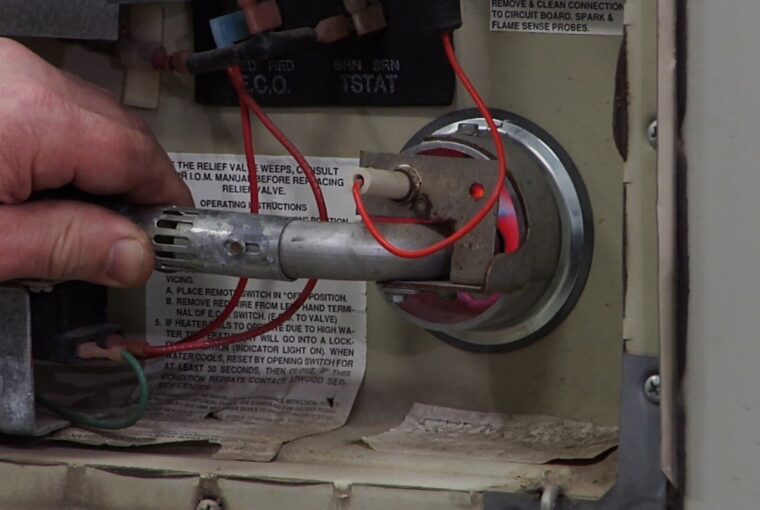Water heaters are an essential component in modern households, providing hot water for bathing, washing dishes, cooking, and doing laundry. So, when it comes to selecting a water heater, one of the critical factors to consider is its wattage.
The wattage of a water heater is the amount of energy it uses to heat the water. A higher wattage means that the water heater can heat up water more quickly and efficiently whereas the water heater with a lower wattage will do the opposite.
However, higher wattage also means higher energy consumption, which translates to higher electricity bills. So, in this article, we will explore the differences between the 4500-watt and 5500-watt water heaters that households often own and help you determine which one is better suited for your needs.
4500 vs 5500-watt water heater— A Quick Summary:
4500 Watt Water Heater
The 4500-watt water heater is a popular choice for small to medium-sized households. It is a more energy-efficient option than the 5500-watt water heater, as it consumes less electricity to heat up water. This makes it a better option for those looking to save on energy costs.
However, the only drawback of a 4500-watt water heater is that it takes longer to heat up water. This means that if you have a large family, you may need to wait quite some time for hot water to be available, especially during peak usage times.
5500 Watt Water Heater
The 5500-watt water heater is a more powerful option that is better suited for larger households consisting of 7 or more members or those with higher hot water demands. It can heat up water more quickly than a 4500-watt water heater, which means that hot water will be available faster, fulfilling every member’s warm water needs simultaneously.
However, the downside of a 5500-watt water heater is that it consumes more energy to heat up water. This means that it can lead to higher electricity bills, which may not be ideal for those looking to save on energy costs.
4500 vs 5500-watt water heater— Which One is Better?
Although both 4500-watt and 5500-watt water heaters perform the same function, they have notable differences in terms of power consumption, heating speed, and efficiency. Let’s get into more detail.
Power Consumption:
A 5500-watt water heater consumes more power than a 4500-watt water heater. Even though this amount of energy will help speed up the heating process, it could take a toll on the tank, also wearing and tearing the breakers and busbar transformers, etc. Therefore, given the risk, a 4500-watt water heater proves to be a safer choice.
Wiring and Breaker size:
A 4500-watt water heater would require a dedicated 240-volt circuit with a minimum wire size of 10 AWG (American Wire Gauge) and a 30-amp breaker.
On the contrary, a 5500-watt water heater would need a wire size of 8 AWG and a 35-amp breaker to support 240 volts.
It’s essential to use the correct wire and breaker size to prevent overheating, electrical fires, and equipment damage. Using a smaller wire or breaker than recommended can result in electrical hazards and damage to the appliance.
Heating Speed:
As mentioned earlier, a 5500-watt water heater can heat water faster than a 4500-watt water heater. This is because a higher wattage means more power, resulting in a quicker heating process which allows it to provide an extra 6 to 8 gallons of hot water in an hour as compared to the 4500-watt water heater. Therefore, if you need hot water quickly, a 5500-watt water heater may be a better option for you.
Energy Efficiency:
Although a 5500-watt water heater can heat water faster than a 4500-watt water heater, it may not be as energy-efficient. The higher heat transfer rate means that more energy is used to heat the same amount of water, resulting in higher electricity bills. Therefore, if you prioritize energy efficiency, a 4500-watt water heater may be more suitable for you.
Cost:
The cost of a water heater is another critical factor to consider when making a decision. Typically, 5500-watt water heaters cost more than 4500-watt water heaters due to their higher power output. However, the price difference may not be significant, depending on the brand, model, and other features.
Nevertheless, you may get a 4500-watt water heater anywhere between $350 to $850. Meanwhile, a 5500-watt water heater’s expenses may range between $480 to $1380. Moreover, the operational costs for a 5500-watt water heater would also be higher.
Final Thoughts:
The choice between a 4500-watt water heater vs. a 5500-watt water heater depends on your specific needs and preferences. If you prioritize fast heating and do not mind higher energy consumption, a 5500-watt water heater may be suitable for you.
However, if you prioritize energy efficiency and do not need hot water quickly, a 4500-watt water heater may be a better option.
Ultimately, it is essential to compare the pros and cons of each type of water heater and select the one that meets your specific needs while remaining within your budget.



